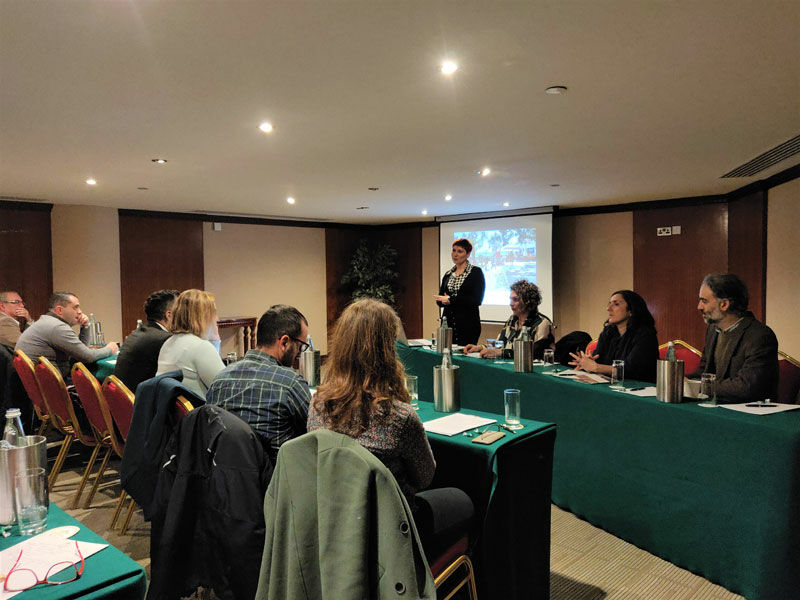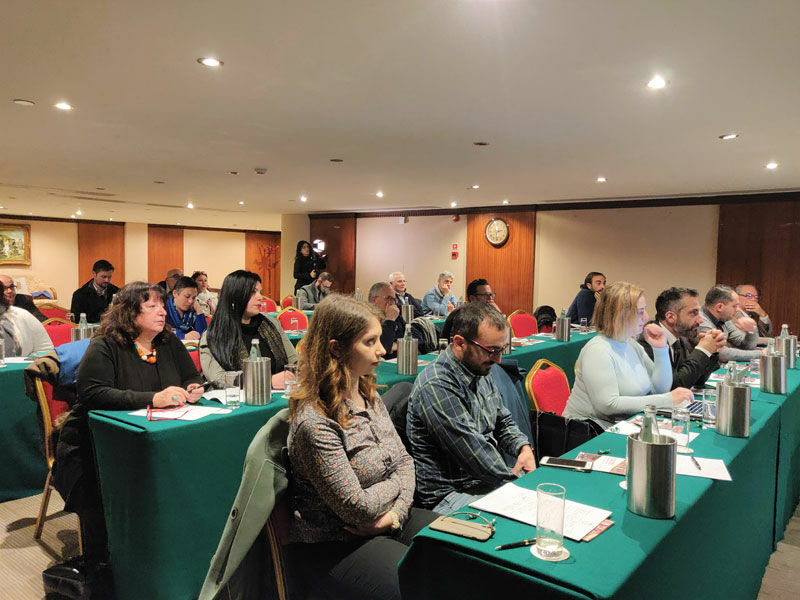PR 08/19 | The inadequacy of building and construction regulations
Following the two incidents in construction sites in Swieqi and Guardamangia that occurred yesterday, and several others over the course of the past months, the Kamra tal-Periti feels compelled, yet again, to point out the grave inadequacies of our building and construction regulations.
The Kamra tal-Periti has been exhorting Government to regulate the industry for many years, both through widely reported press statements, and at various meetings held with successive Ministers and Parliamentary Secretaries responsible for the industry.
The rate of construction accidents in Malta, whether resulting in damage to neighbouring properties, injury or even death, is unacceptable. The ever-increasing complexity of today’s buildings, compounded by the current frenzy of the industry to turn around projects as quickly as possible, urgently requires an immediate and major overhaul of the country’s building and construction regulatory processes.
The current legislation in Malta is characterised by excessive fragmentation of responsibilities.
Article 1638 of the Civil Code states that “[i]f a building or other considerable stone work erected under a building contract shall, in the course of fifteen years from the day on which the construction of the same was completed, wholly or in part, or be in manifest danger of falling to ruin, owing to a defect in the construction, or even owing to some defect in the ground, the architect and the contractor shall be responsible therefor.”
This article in the Civil Code does not establish clear lines of responsibility, which are generally decided by the Courts when similar incidents occur, depending on the particular circumstances of each case. Moreover, whereas Periti carry a professional warrant and are subject to a Code of Professional Conduct, contractors are not regulated at all. This is especially worrying when it comes to demolition and excavation contractors. The absence of a registration system means that anyone with demolition or excavation plant can carry out such works, without any basic training, technical knowledge, or insurance cover.
The Avoidance of Damage to Third Party Property Regulations (L.N. 72 of 2013) place the onus of enforcing the implementation of a works method statement drawn up by a Perit outlining the method of construction on a site manager purposely appointed by the developer, and on the contractor executing the works. Regulation 10 states “[p]rofessional responsibility for the method statement remains with the perit who prepares it, whilst ultimate responsibility for adhering to the method statement rests with the site manager and the contractor.”
Once again, the regulations do not establish minimum basic training or competences for site managers, not even as basic a requirement as literacy. The regulations even allow the developer to take on the role of site manager, in what is clearly a blatant conflict of interest sanctioned by the law. Indeed, if the developer fails to appoint a site manager, the regulations presume that the developer is ipso facto carrying the responsibilities of a site manager.
When two key players in the industry are not required to possess basic competence and are wholly unregulated, the public is exposed to unacceptably high and unnecessary risks.
The Kamra’s calls for an overhaul of the regulatory framework were finally heeded by Government last October when it launched the White Paper for the setting up of a new Building and Construction Authority. Just two weeks ago, the Kamra held talks with Government on its detailed proposals for the regulation of the industry to bring it in line with other European countries. The Kamra will be making its proposals public in the coming days.
The Kamra tal-Periti will not be commenting on these or other specific cases until investigations are concluded so as not to prejudice any potential proceedings.









You must be logged in to post a comment.